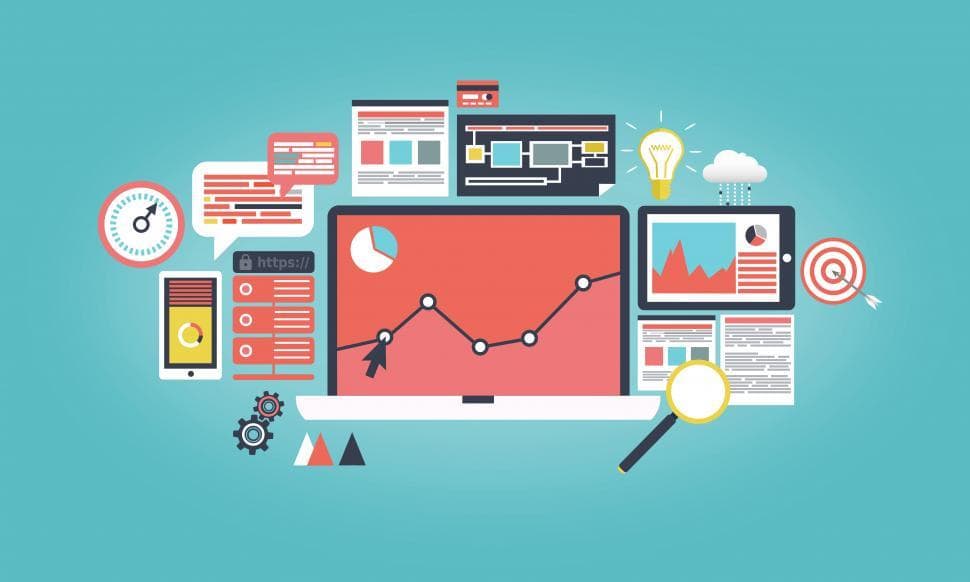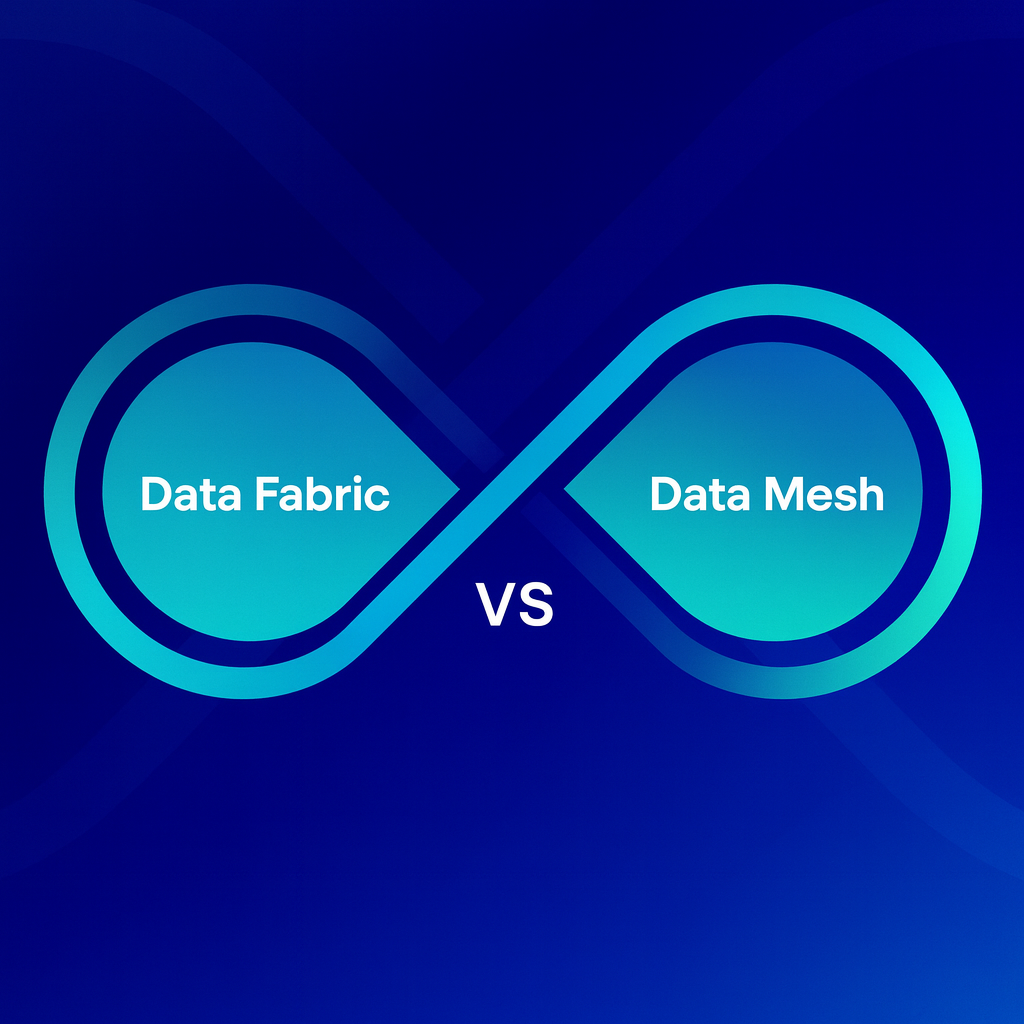Table of Contents
Data is everywhere, buzzing around your business like bees around a blooming flower. But here’s the catch—simply having data isn’t enough. The real magic happens when you turn raw, chaotic numbers into actionable insights, unlocking your business’s true potential. Let’s dive into how businesses have successfully transformed data into gold, driving decisions and fueling growth.
Why Raw Data Alone Isn’t Enough
Raw data is like a pile of unsorted puzzle pieces. You know there’s a picture somewhere, but it won’t make sense until you piece it all together. This is where data analytics steps in, sorting through the mess and revealing patterns that help businesses make smarter choices.
From Data Chaos to Clarity
Remember the last time you stared at an overwhelming Excel sheet? Data analytics tools simplify this chaos, presenting clear, understandable visuals that anyone can interpret.

The Power of Actionable Insights
Actionable insights are what turn your data into actual business strategies. It’s like having a GPS guiding your decisions, pointing you precisely where you need to go.
Identifying Market Opportunities
Take Netflix, for example. Ever wonder how it always knows exactly what you want to watch? Netflix leverages user data to analyze viewing patterns, delivering content that viewers crave before they even know they want it.
Enhancing Customer Experiences
Companies like Amazon and Spotify also lead the way in using data analytics to personalize customer experiences, dramatically increasing user engagement and loyalty.
Real-Life Success Stories from Data Analytics
Enough theory—let’s explore some exciting stories of how businesses transformed data into gold.
Uber: Riding High on Data
Uber didn’t become a transportation giant by accident. Every ride generates data, and Uber crunches these numbers to optimize routes, predict demand, and even dynamically adjust prices. By analyzing traffic patterns and peak usage times, Uber ensures riders and drivers both win.
Starbucks: Brewing Personalized Experiences
Ever wondered how Starbucks always seems to know your favorite drink? Starbucks uses data analytics to track purchases, crafting personalized offers and rewards through its mobile app. It’s like having a barista who knows your order even before you walk in the door.
Walmart: Mastering Inventory Management
Walmart leverages data analytics to optimize its massive inventory system. By predicting demand accurately, Walmart ensures the right products are always on the shelves. It’s like keeping just enough ingredients in your kitchen—never too much or too little.

Tools That Transform Data
Having the right tools makes data transformation seamless.
Business Intelligence Tools
Tools like Tableau, Power BI, and Looker translate complex data sets into visual stories, making insights accessible to everyone—not just data scientists.
Machine Learning and AI
AI takes data analysis to the next level. Predictive analytics powered by machine learning algorithms helps businesses foresee trends, customer behavior, and potential pitfalls.
Steps to Turn Data into Gold
Ready to harness your own data? Follow these steps to start converting raw data into business gold.
Step 1: Define Your Goals
Clear goals are the starting point. What do you hope to achieve? More sales, better customer retention, or improved efficiency?
Step 2: Gather and Clean Your Data
Quality data matters. Remove inaccuracies and inconsistencies, ensuring your data set is reliable.
Step 3: Analyze and Visualize
Use analytics tools to interpret your data. Look for trends, anomalies, and opportunities.
Step 4: Turn Insights into Action
Implement what you learn. Insights are worthless without action. Change strategies, adjust tactics, and watch your business thrive.
Common Mistakes Businesses Make
Avoid these pitfalls when handling data:
Ignoring Data Quality
Poor data leads to poor decisions. Always verify your data sources and clean them thoroughly.
Analysis Paralysis
Overanalyzing can halt progress. Aim for actionable insights, not endless data dives.
Forgetting the Human Element
Data guides decisions, but humans execute them. Never overlook the human factor.
Measuring Your Success
Always track outcomes to understand the real value of your data-driven strategies.
Key Performance Indicators (KPIs)
Set clear KPIs aligned with your goals. Monitor these regularly to stay on track.
Continuous Improvement
Data analytics isn’t a one-time activity. Continuously refine your approach based on new insights.
Data Analytics: Future-Proofing Your Business
Embracing data analytics isn’t optional anymore—it’s essential for staying competitive.
Stay Agile
Data helps businesses adapt quickly to market changes. Those who master data analytics respond faster and more effectively.
Foster a Data-Driven Culture
Encourage your team to rely on data rather than gut feelings. When everyone speaks the language of data, smarter decisions become second nature.
Challenges in Data Analytics
Navigating data analytics isn’t always smooth sailing.
Data Privacy Concerns
Respecting customer privacy is crucial. Transparent data policies protect both your customers and your reputation.

Skills Gap
A shortage of skilled analysts can hinder your efforts. Invest in training or partner with experts to bridge the gap.
Making Data Analytics Accessible
Data analytics isn’t reserved for tech giants. Small businesses can—and should—tap into its benefits.
Start Small
Begin with accessible tools and simple analyses. Even basic insights can lead to substantial gains.
Leverage Cloud Solutions
Cloud analytics platforms are affordable, scalable, and easy to implement, perfect for businesses of all sizes.
Conclusion
Transforming raw data into business gold isn’t just a nice-to-have—it’s a necessity for today’s businesses. Whether you’re an industry giant like Uber or a small business looking to grow, data analytics offers the insights you need to thrive. So, don’t leave your data sitting idle. Dig in, analyze, and turn those numbers into success stories of your own.
Here’s Some Interesting FAQs for You
What is data analytics?
Data analytics is the process of examining raw data to discover useful insights, trends, and patterns that help businesses make informed decisions.
How can small businesses benefit from data analytics?
Small businesses can use data analytics to optimize marketing, inventory management, customer engagement, and strategic planning.
Which industries benefit most from data analytics?
Retail, healthcare, finance, marketing, transportation, and entertainment are just a few sectors that significantly benefit from data analytics.
Data analytics is the process of examining raw data to discover useful insights, trends, and patterns that help businesses make informed decisions.
Small businesses can use data analytics to optimize marketing, inventory management, customer engagement, and strategic planning.
Retail, healthcare, finance, marketing, transportation, and entertainment are just a few sectors that significantly benefit from data analytics.








